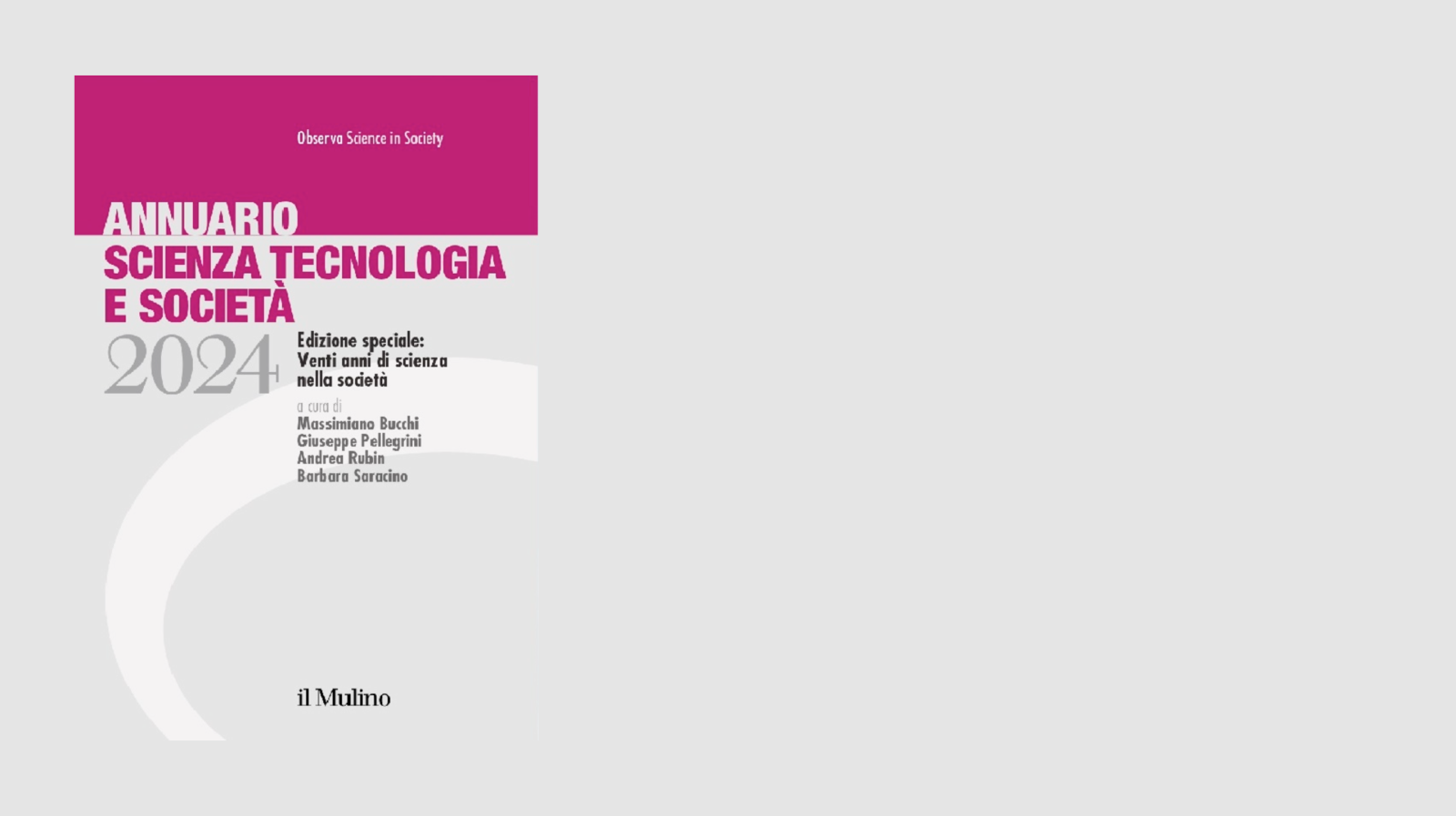A new TAU "mutated" neutrino was observed by the OPERA experiment researchers, after the one detected in 2010. The announcement was made on the 5th of June in Tokyo during a conference on neutrinos and it was officially declared by a press release on the INFN official website .
The importance of this discovery lies in having made a step forward in achieving the OPERA project's main goal: observing and describing the neutrino's oscillation and mutation during the experiment's physical path.
"The specific oscillation, studied by OPERA, is that of the muon neutrinos, which change during their course into a different type of neutrino, the so-called tau neutrino. The accelerator at CERN in Ginevra produces an intense beam of muon neutrinos, which is sent to the INFN Gran Sasso National Laboratory. Thanks to their extremely rare interaction with matter, neutrinos arrive undisturbed at the Gran Sasso after crossing 730 km of rock" - is stated in the press release - "The experiment began taking data in 2008 and in 2010 the first tau neutrino was observed. Since then the experiment has collected data and has analyzed thousands of neutrino interactions with micrometer accuracy".
160 researchers from Universities and Scientific institutions from Belgium, South Korea, Croatia, France, Germany, Japan, Israel, Italy, Russia, Tunisia, Switzerland and Turkey are involved in the OPERA project. The Italian researchers involved in the project come from the universities and INFN sections of Bari, University and section of Bologna, the Frascati National Laboratory, the Gran Sasso National Laboratory, the Aquila University, the Federico II University and section of Naples, the University and section of Padova, the University of La Sapienza and section of Rome and the University of Salerno.

